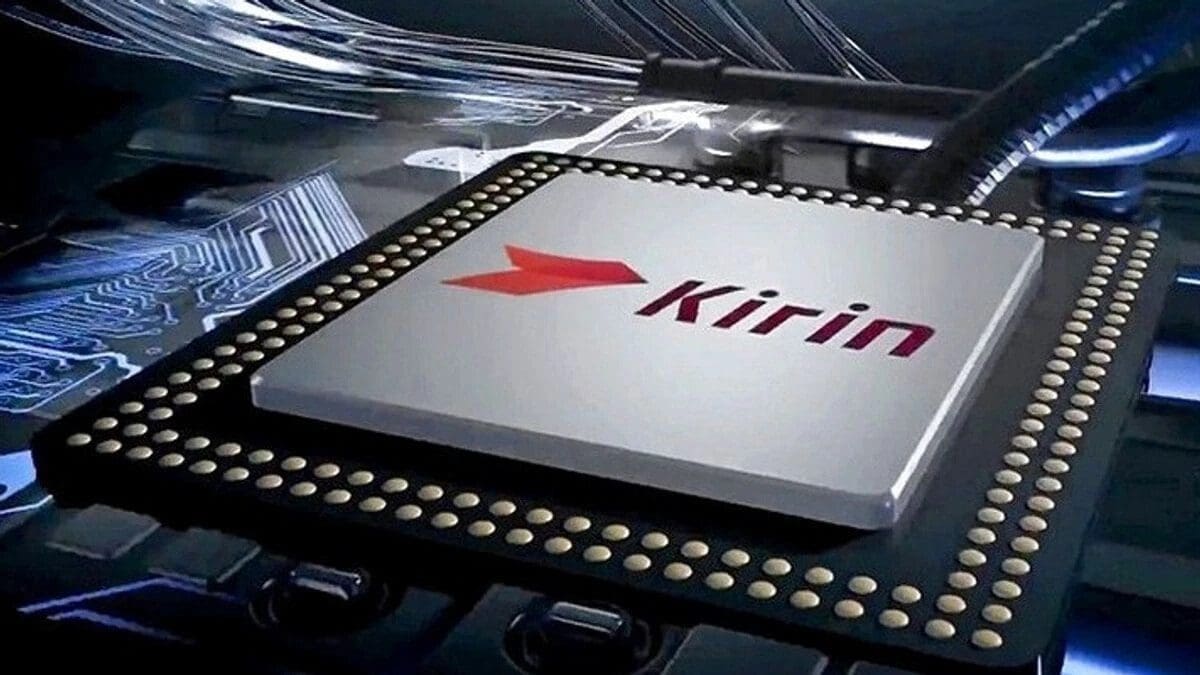Huawei’s HiSilicon unit, responsible for designing the company’s Kirin chips that were produced by TSMC, faced setbacks due to the U.S. government’s actions against Huawei. Previously, TSMC ranked Huawei as its second largest customer after Apple. However, a rule change by the U.S. Commerce Department has hindered Huawei’s ability to purchase chips from foundries that use U.S. technology for manufacturing.
Huawei’s latest Kirin chip, the Kirin 9000, was the first 5nm chip with a built-in 5G modem. Recently, leaked information from a Weibo tipster, shared through X via NotebookCheck.net, revealed two rumored configurations for an upcoming Kirin chip. The first configuration consists of two Cortex-X3 prime CPU cores, two Cortex-A715 performance CPU cores, and four efficiency Cortex-A510 CPU cores. This setup also includes an Arm Immortalis-G715 MC16 GPU.
Another configuration mentioned by the tipster features two Cortex-X1 prime CPU cores, three Cortex-A78 performance CPU cores, and three Cortex-A55 efficiency cores. The GPU for this variant would be the Arm Mali G710 MC10/6.
It is unclear whether these configurations represent separate chips. However, another Weibo post suggests that Huawei will introduce three new chips: the Kirin 720, Kirin 830, and Kirin 9100. The Kirin 720 and Kirin 830 are expected to be launched later this year, with the Kirin 9100 speculated to power the flagship P70 device in early 2022.
Despite the U.S. restrictions, Huawei might find a way to manufacture the new Kirin chips. @tech_reve, a trusted tipster, hinted that China’s leading foundry, SMIC, could produce the chips using its N+2 (7nm) node. Alternatively, Huawei might stack two 14nm chips to achieve 7nm performance with low power consumption and heat generation, thus maintaining optimal smartphone functionality.










